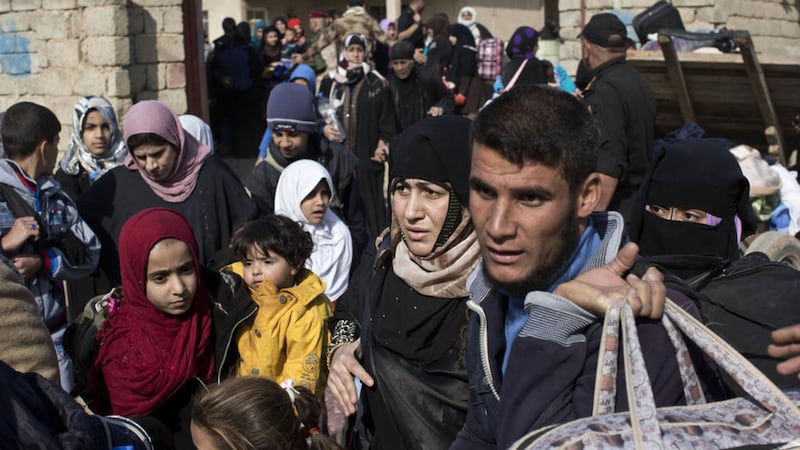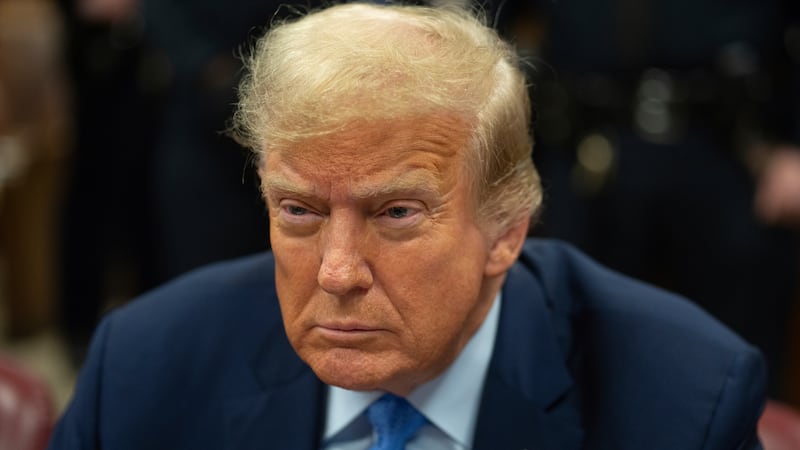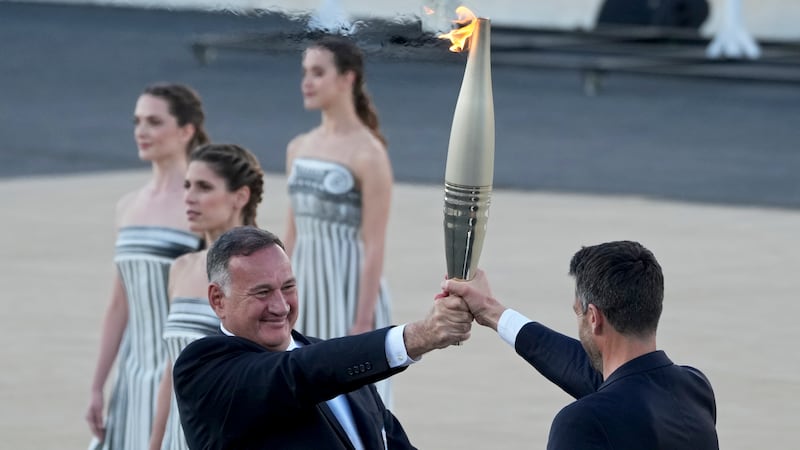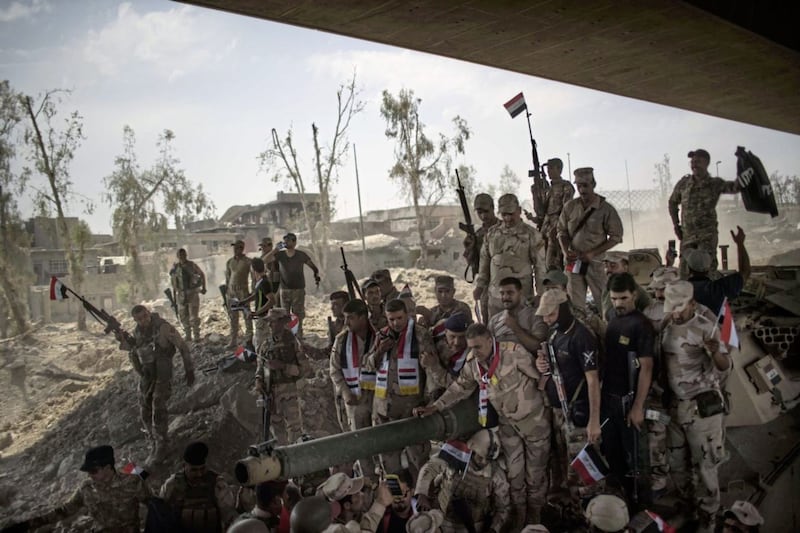IRAQ's special forces worked to clear neighbourhoods on the eastern edge of Islamic State-held Mosul as at least 20 people were killed elsewhere in bombings carried out by the group.
The Mosul offensive slowed in recent days as Iraqi forces pushed into more densely populated areas, where they cannot rely as much on air strikes and shelling because of the risk to civilians, who have been told to stay in their homes.
"There are a lot of civilians and we are trying to protect them," Lieutenant Colonel Muhanad al-Timimi said.
"This is one of the hardest battles that we've faced till now."
Some civilians are fleeing the combat zone, while IS militants are holding others back as human shields, making it harder for Iraqi commanders on the ground to get approval for requested US-led coalition air strikes.
Iraq's special forces are some of the country's best troops, but they still largely rely on air support to clear terrain.
Iraqi forces first entered the eastern edge of the city on Tuesday. Forces began pushing into Mosul proper on Friday, but have advanced about a mile into the city so far.
On the southern front, Iraqi forces are still some 12 miles from the city centre. The fighting is centred on the town of Hamam al-Alil, where gunfire was heard and attack helicopters fired on IS positions.
Kurdish peshmerga fighters launched mortar rounds and fired heavy artillery at the IS-held town of Bashiqa, about eight miles north-east of Mosul.
Kurdish forces have encircled the town which is believed to be largely empty except for IS militants.
The extremists captured Mosul and surrounding areas in 2014 and have had plenty of time to dig trenches, block off roads and mine approaches to the city.
"Daesh dug trenches that they filled with water and they have a lot of suicide attackers and car bombs," said Lt Col al-Timimi, using the Arabic acronym for the IS group.
The extremists meanwhile struck far from the front lines with a series of bombings – the deadliest attack being in the city of Samarra, 60 miles north of Baghdad, which is home to a major Shiite shrine.
The attacker killed 11 people, including at least four Iranians, and wounded up to 100 others by setting off a bomb-packed ambulance in a parking lot near Shiite pilgrims before detonating his explosives vest.
Another suicide attacker killed at least nine people by ramming an explosives-laden car into a busy checkpoint outside the city of Tikrit. Five female students, a woman and three policemen were killed in the attack, while 25 others were wounded.
IS had also captured Tikrit during its lightning blitz across Iraq in the summer of 2014.
Iraqi forces drove the militants from the city, around 80 miles north of Baghdad, in April 2015.
Iran's foreign ministry spokesman, Bahram Ghasemi, condemned the two attacks, which he said had killed 21 people, including 10 Iranian pilgrims.
It was not immediately possible to reconcile the conflicting tolls, which are common in the chaotic aftermath of attacks.
IS claimed all three bombings and said the ambulance bomb was set off by a second suicide attacker.








